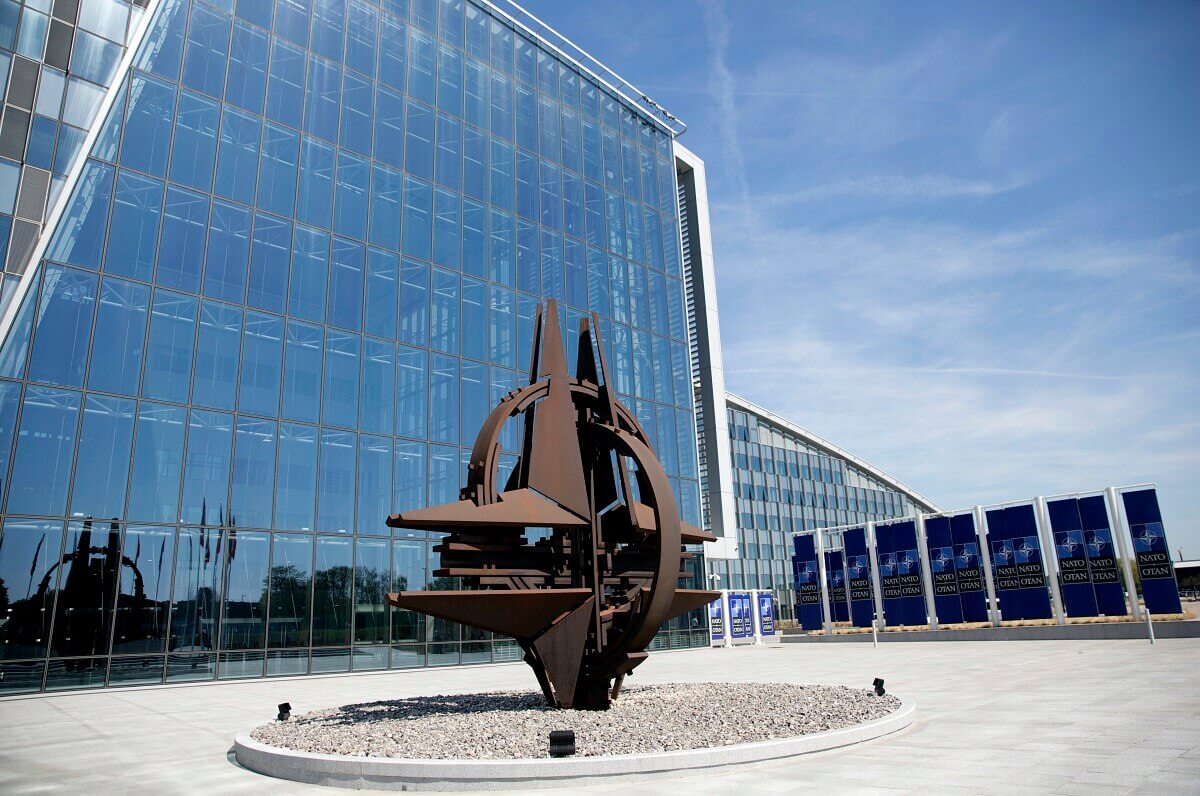NATO foreign ministers concluded their two-day virtual conference on Wednesday, aimed at discussing the future of the alliance. Secretary-General Jens Stoltenberg took part in online press conferences after the conclusion of meetings on both days, to lay out the details of the dialogue.
On Tuesday, Stoltenberg said that the leaders engaged in productive discussions about NATO 2030, and ways to adapt the alliance to meet the security challenges for the next decade. A new high-level report commissioned by the organisation was presented to the foreign ministers, which highlighted the need for NATO to “significantly broaden” its scope to address threats posed by climate change, future pandemics, and terrorism. The document also noted that the alliance must transform to meet the needs of a more demanding strategic environment marked by the return of systemic rivalry, [a] persistently aggressive Russia, and the rise of China.”
The NATO chief told reporters that he would consult with Allies, civil society organisations, parliamentarians, youth leaders, and the private sector on the recommendations presented in the report and said that he would then put forth strategic-level proposals for the heads of state and government when they convene in Brussels next year.
The ministers also spoke about the mission in Afghanistan, and Stoltenberg reaffirmed NATO’s support for the country’s peace process. He said that the organisation recognizes the challenges of both, its continued presence in the country (with reduced US support), and abruptly leaving, and stressed that moving forward decisions would have to be made in a “coordinated and orderly way.”
Russia’s military build-up and arms control were also discussed, along with the situation in the Eastern Mediterranean. The leaders expressed support for preserving limitations on nuclear weapons, and for dialogue between the US and Russia regarding the New START treaty, which is set to expire in two months. Stoltenberg also stressed that he was committed to building more “comprehensive confidence-building measures” between Greece and Turkey over their dispute in the Eastern Mediterranean.
However, tensions reportedly ran high during this session of the summit, as the US, with support from other allies, accused Turkey of stoking tensions in the region, and of cosying up to Russia by purchasing a Russian-made anti-aircraft system. Turkey’s representative, Foreign Minister Mevlüt Çavuşoğlu, meanwhile, accused the US Secretary of State Mike Pompeo of "blindly" siding with Greece, supporting Kurdish “terrorist organisations” in Syria, and fomenting instability in Nagorno-Karabakh. The NATO chief did not answer any questions regarding this exchange but noted that a deconfliction mechanism between Athens and Ankara had helped reduce tensions.
On Wednesday, the participants deliberated on “strategic issues” affecting their “shared security”. The countries discussed the rise of China, and the security situations in the Black Sea, Belarus, as well as the Nagorno-Karabakh regions.
NATO Foreign Ministers Meet to Discuss Future of the Military Alliance
Participants discussed the NATO 2030 initiative, Russia’s military build-up, the rise of China, and NATO’s mission in Afghanistan.
December 3, 2020

SOURCE: DEFENSE NEWS
